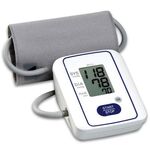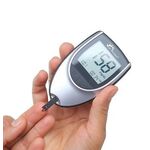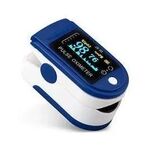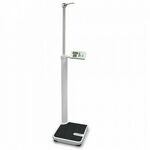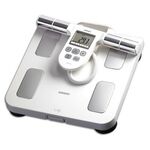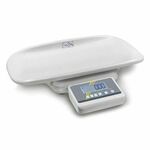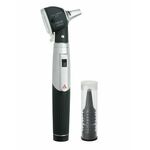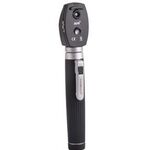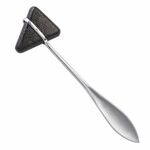General Diagnostics
Description of General Diagnostics:
Common diagnosis refers to medical tests that are used to determine the presence or absence of a disease or medical condition. These tests are performed in various settings such as hospitals, clinics, laboratories, and medical centers. Different types of common diagnostics, their uses, prices are available at biomedsuppliers.com. To know more about its top brands and models, you can visit biomed suppliers.
Types of General Diagnostics:
- Blood Tests: Blood tests are the most common type of general diagnostics. These tests are performed to determine the levels of different components in the blood such as glucose, cholesterol, and hormones. They are also used to detect the presence of infections, cancers, and other medical conditions.
- Urine Tests: Urine tests are used to detect the presence of different substances in the urine such as glucose, protein, and ketones. They are also used to detect the presence of infections and other medical conditions.
- Stool Tests: Stool tests are used to detect the presence of blood, bacteria, and parasites in the stool. They are used to diagnose conditions such as irritable bowel syndrome, inflammatory bowel disease, and colon cancer.
- Biopsy: Biopsy is a procedure in which a sample of tissue is removed from the body and examined under a microscope. It is used to diagnose cancer and other medical conditions.
- X-Rays: X-rays are used to diagnose conditions related to bones and internal organs. They are relatively quick and easy to perform, making them a popular choice for diagnosing various conditions.
- CT Scans: CT scans use X-rays to create a detailed image of the body. These scans are useful for diagnosing conditions like cancer, heart disease, and other serious health conditions.
- MRI: MRIs use magnetic fields and radio waves to create detailed images of the body's internal organs. MRIs are useful for diagnosing conditions like cancer, heart disease, and neurological disorders.
- Ultrasounds: Ultrasounds use high-frequency sound waves to create images of the body's internal organs. These tests are commonly used during pregnancy to monitor the health of the fetus.
Uses of General Diagnostics:
General diagnostics are used for various purposes such as:
- Screening: General diagnostics are used to screen individuals for medical conditions such as cancer, diabetes, and hypertension.
- Diagnosis: General diagnostics are used to diagnose medical conditions such as cancer, infections, and autoimmune diseases.
- Monitoring: General diagnostics are used to monitor the progress of medical conditions and the effectiveness of treatments.
- Prognosis: General diagnostics are used to determine the prognosis of medical conditions such as cancer and heart disease.
Top Brands and Models:
There are several top brands and models of general diagnostics in the market. Here are some of the most popular ones:
- Abbott Laboratories: Abbott Laboratories is a leading manufacturer of medical devices and diagnostics. Some of its top products include the Architect i1000SR and the Alinity ci-series.
- Roche Diagnostics: Roche Diagnostics is a global leader in medical diagnostics. Some of its top products include the Cobas c 501 and the Cobas e 411.
- Siemens Healthineers: Siemens Healthineers is a multinational medical technology company. Some of its top products include the Advia Centaur and the Atellica Solution.
- Philips Healthcare: This brand produces a wide range of medical equipment, including CT scanners, MRIs, and ultrasound machines.
- General Electric (GE): GE is a well-known brand that produces a variety of medical equipment, including X-ray machines and ultrasound equipment.

